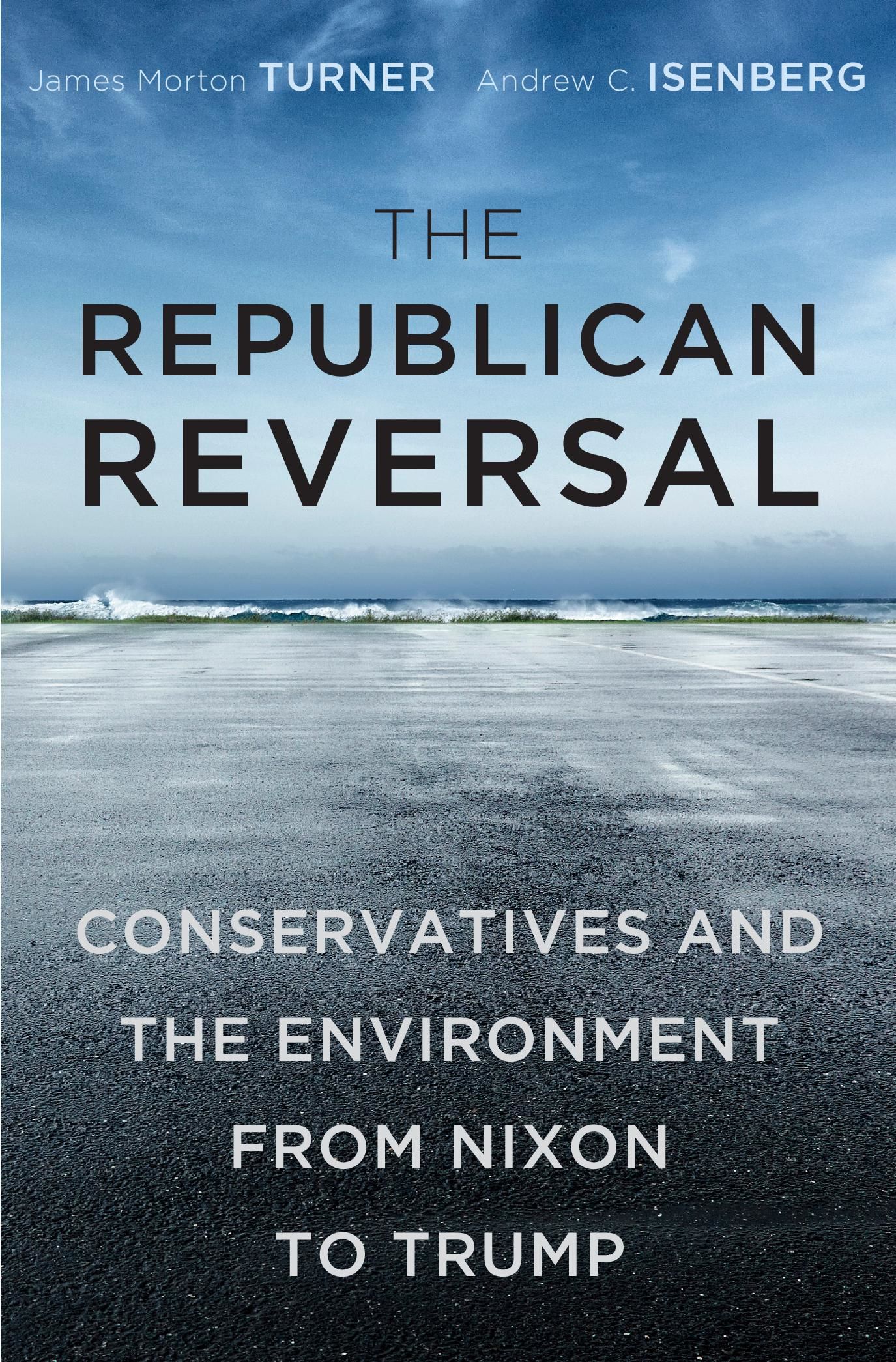One of the twelve senators to vote against the law was the Republican Party’s leading conservative, Barry Goldwater of Arizona. He had risen rapidly from being an outspoken conservative critic of the New Deal in the 1930s, to a member of the Phoenix city council at the head of a nominally nonpartisan party of business leaders in the late 1940s, to the U.S Senate in the early 1950s. Because the Wilderness Act empowered officials in the Interior and Agriculture departments to identify public lands for review, Goldwater feared that the law concentrated power in the executive branch. Perhaps more importantly, like the Democrat and fellow westerner Aspinall, he believed that the legal trumps embedded in the law would slow economic growth by withdrawing land — notably mineral resources and timberland in the western United States — from development. In the summer of 1964, Goldwater had a prominent public platform from which to articulate these conservative principles. Exactly seven weeks before Johnson signed the Wilderness Act into law, Goldwater accepted the nomination of the Republican Party for president of the United States, delivering an acceptance speech that has become infamous for its invocation of what would become a refrain of conservatism: “extremism in the defense of liberty is no vice.” In that speech, Goldwater argued that the state was not the protector of American liberty but its enemy: “Those who seek to live your lives for you . . . who elevate the state and downgrade the citizen . . . who seek absolute power, even though they seek it to do what they regard as good . . . are the very ones who always create the most hellish tyrannies.” Whether the state was Johnson’s Great Society or Soviet Communism (and Goldwater viewed the former as merely a milder version of the latter), the only antidote to the expanding power of liberty-and-soul-destroying statism was capitalism. “We see, in private property and in economy based upon and fostering private property, the one way to make government a durable ally of the whole man, rather than his determined enemy. We see in the sanctity of private property the only durable foundation for constitutional government in a free society.” Although Johnson trounced Goldwater in the 1964 election, winning 43 million votes to Goldwater’s 27 million, conservatives looked to Goldwater’s nomination in 1964, as many environmentalists looked to the Wilderness Act that same summer, as a foundational moment in their movement.
Conservatives Before and After Earth Day
As Republicans denounce climate change as a “hoax” and dismantle the environmental regulatory state they worked to build, we are left to wonder: What happened?
